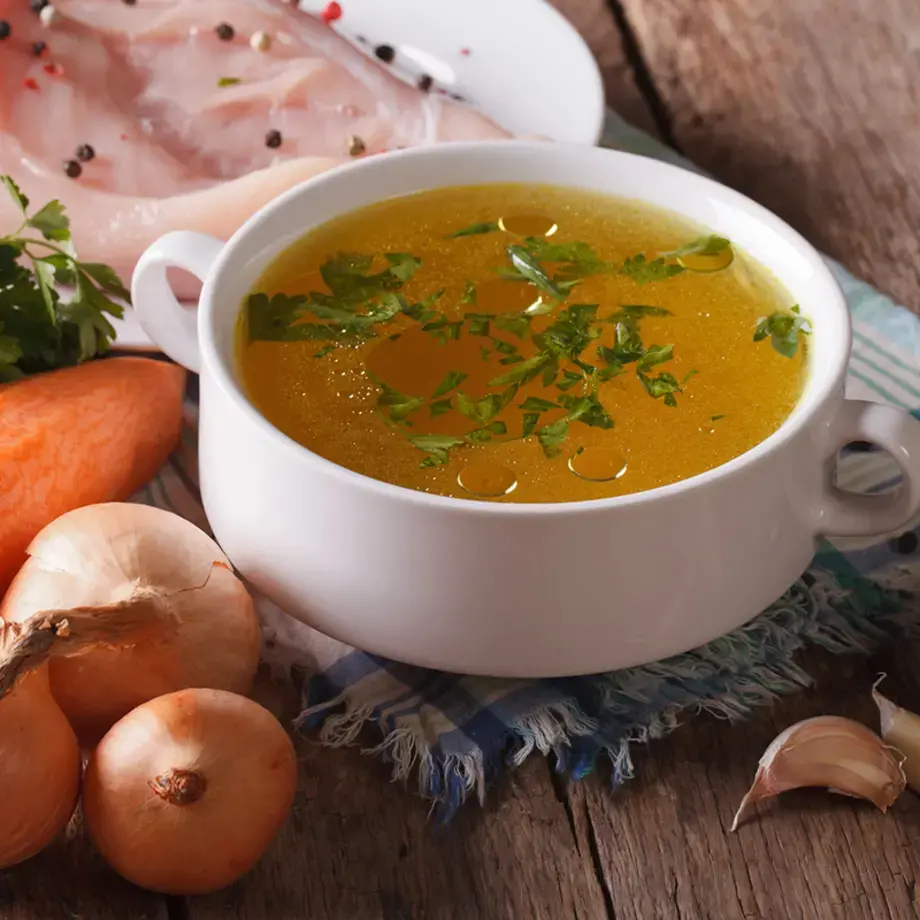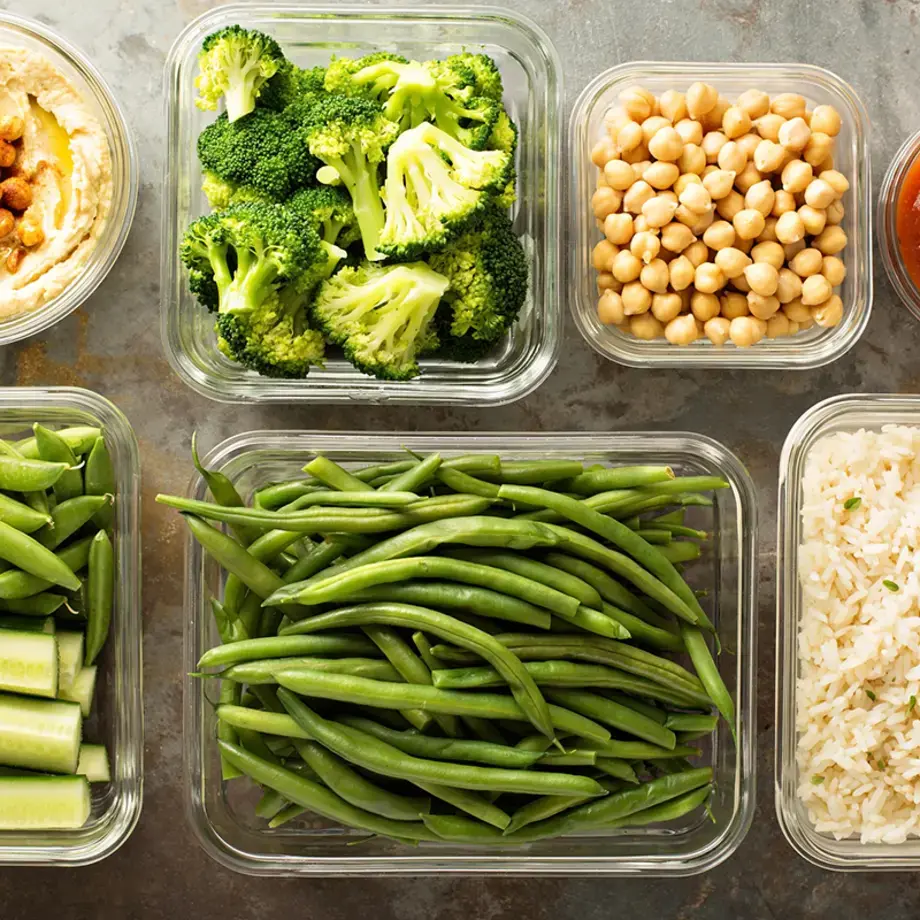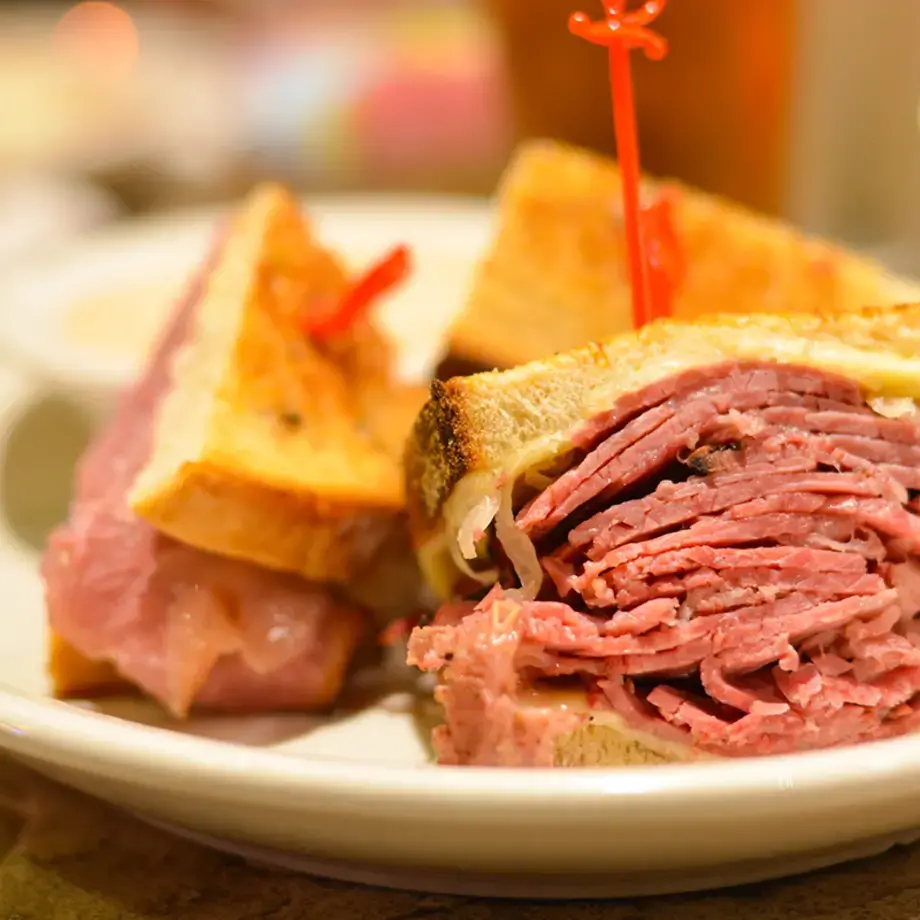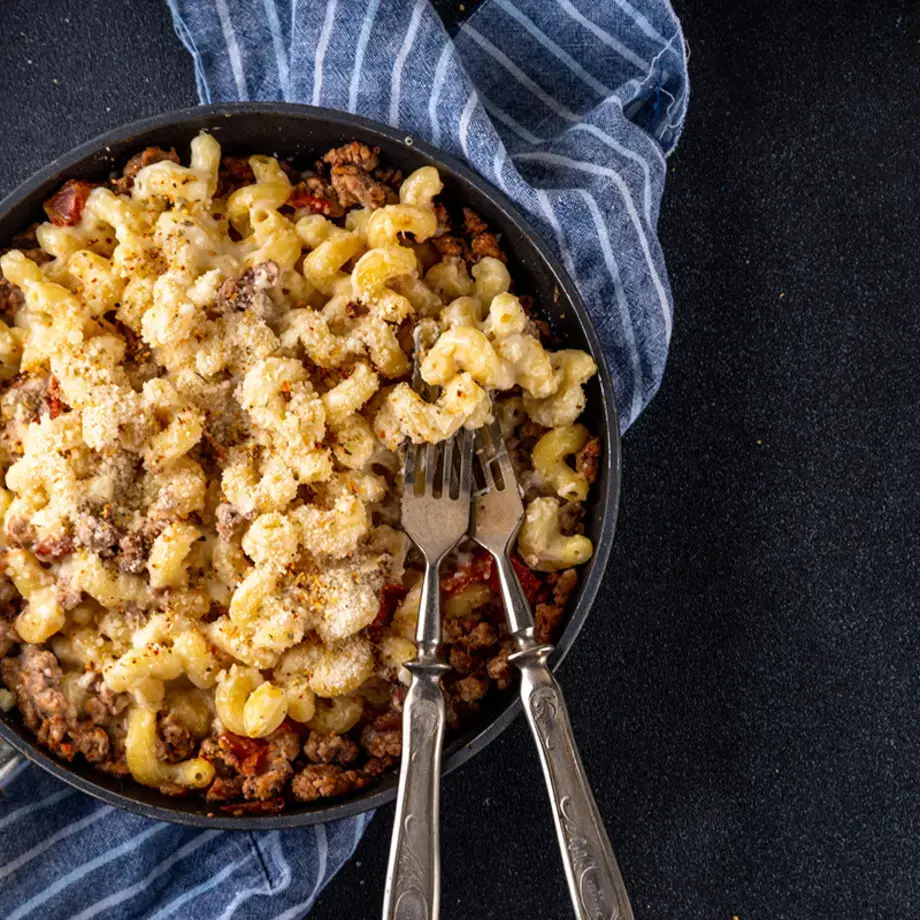Corn syrup is used as a sweetener, particularly when a recipe calls for a smooth texture. It is sometimes referred to as an ‘invert sugar’, because unlike table sugar and even some other syrups, it won’t form large, grainy crystals when left to cool. This makes it popular when making fudge, candies, shiny frostings, glazes and dessert sauces, or jams and jellies. It is also used alongside sugar to give a creamier texture to frozen desserts like ice creams and sorbets.
Nutritional facts
A 1 tablespoon serving of corn syrup contains the following
Calories: 62
Fat: 0g
Protein: 0g
Sodium: 14mg
Potassium 0.2mg
Carbohydrates: 17g
Of which sugars: 17g
As might be expected, corn syrup is composed almost entirely of sugars, with as little as a tablespoon providing 6% of your recommended daily value for carbohydrate. It is also very high in calories, and because salt is often added as a flavouring, it is quite high in sodium too, with the same 1 tablespoon serving providing 1% of your daily value.
Is corn syrup good for you?
Again, perhaps unsurprisingly, corn syrup is not particularly good for your health, but just how bad it is for you depends on the type of corn syrup. You may have heard bad things about corn syrup, but much of the negative press specifically refers to high fructose corn syrup, the kind used in processed food.
High fructose corn syrup, or HFCS, has been the cause of much concern due to its high fructose content. Unlike other sugars, fructose can only be processed by the liver, and eating too much can cause your liver to turn the sugar into fats. These fats are a key contributor to several serious health problems including diabetes, obesity, a fatty liver and memory loss. Fructose is also thought to increase feelings of hunger and sugar cravings, which increases the risk of obesity.
Health problems caused by fructose are often associated with HFCS, but the most commonly-used forms of HFCS contain between 42 to 55% fructose, which is a similar amount to other popular sweeteners, including table sugar and honey. Of course, this doesn’t mean HFCS gets a free pass - it’s still pretty bad for you - but in terms of fructose content it doesn’t appear to be significantly worse than other types of sweetener. There are forms of HFCS that contain 90% fructose, and these are thought to be particularly bad for your health, but they tend to be less commonly used.
The type of corn syrup you buy from the shops to use in baking is largely made of glucose, which is generally considered to carry a lower health risk than fructose. In this sense, regular corn syrup can be considered less dangerous than regular table sugar, but it is important to remember that all sugars carry an increased risk of obesity, heart disease and other health problems, and should be enjoyed in moderation only.
How to substitute corn syrup
If your recipe calls for corn syrup and you’re all out, here are a few alternatives you can use in a pinch.
Agave nectar
Has a similarly neutral taste, so it won’t alter the overall flavor of your dish, and it also has a similar consistency to corn syrup. It doesn’t prevent the formation of sugar crystals, however, so it doesn’t work so well for candy making, and if you’re concerned about the health implications of high fructose sweeteners, it’s worth noting that agave is one of the worst offenders, with a fructose content of up to 90%.
Brown rice syrup











